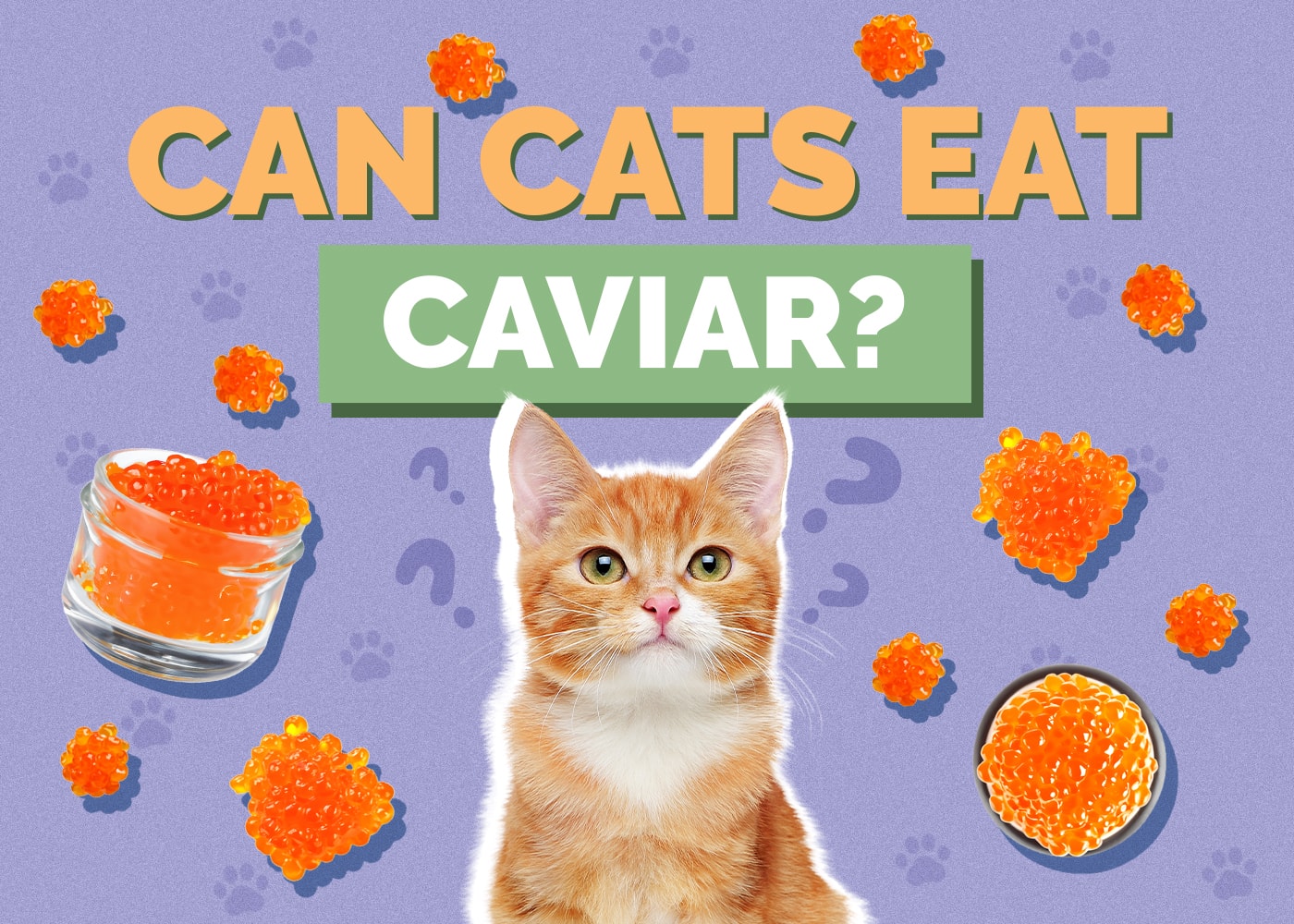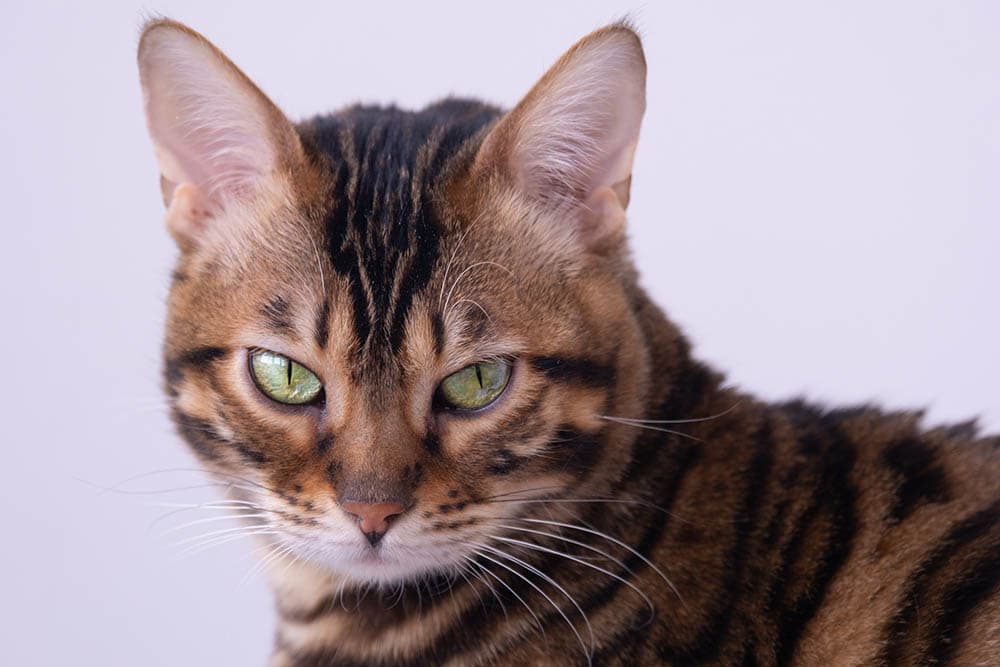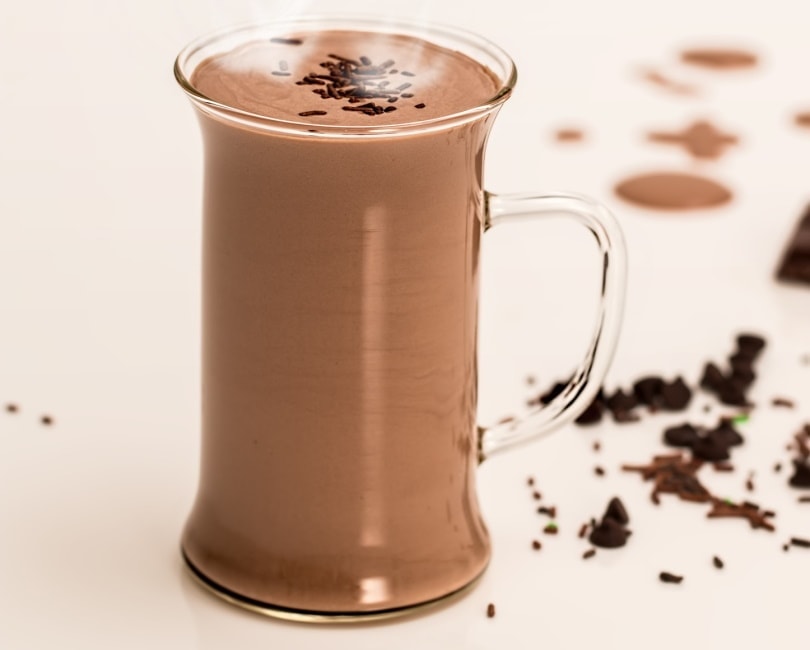Can Cats Eat Caviar? What You Need To Know!
Updated on

If your cat likes the taste of caviar, then it is okay to feed them small portions of it, but not regularly. There are certain risks associated with feeding raw caviar (and fish) to cats that you should be made aware of before feeding them to your cat.
This article will tell you everything you need to know about the safety and risks when it comes to feeding caviar to your cat.
What Is Caviar?
It is important to first understand what you will be feeding your cat because there are fake fish eggs and real fish eggs commonly labeled as caviar.
The word ‘caviar’ is derived from the Persian word Khaviar which means egg carrier. Traditional caviar is the roe from wild sturgeon (beluga, osetra, sevruga) and it is their unfertilized eggs (fish roe). For humans, it is an expensive and salty delicacy. Artificial caviar is made of a dough distributed with color, jelly, and flavor to imitate the texture and taste of traditional caviar. When it comes to feeding your cat caviar, you want to ensure that it is the caviar from fish eggs and not the artificial variety.
The artificial variety holds no valuable nutrients for cats, and it is usually injected with artificial colors. This is the cheaper version, and you want to opt to feed your cat the traditional version of caviar.

Is Caviar Safe for Cats to Eat?
Traditional and artificial caviar is safe for cats to eat as a treat in moderation. However, there is a risk of certain bacteria being on the caviar which can cause food poison-like symptoms.
Raw fish contains a bacteria called salmonella that can be passed onto traditional caviar. True caviar is never cooked, which would kill off this bacterium. Instead, it is cured as a form of preservation to make it last longer. Caviar is usually preserved with salt, which can increase your cat’s sodium intake.
The artificial variety is safe for cats to eat, but it lacks the nutrients found in traditional caviar. This variety of caviar is sweeter and has no nutritional value that is beneficial to cats. However, artificial caviar does not have the risk of bacteria contaminating it.
What Are the Risks Of Feeding Caviar to Cats?
- Your cat may become sick if they eat traditional caviar that has salmonella bacteria on it. This can cause them to show symptoms of discomfort, lethargy, vomiting, diarrhea, and fever.
- The high sodium content can cause potential dehydration in your cat if they are not drinking enough water. If they eat a lot of caviar often, then they have an increased risk of developing sodium poisoning.
- Artificial caviar is injected with dyes and certain jellies that can be harmful to their health.
Now that you know what you can safely feed your cat, it’s just as important to find a bowl that supports their health and well-being. With whisker-friendly bowls and a wide tray to catch any spills, our Hepper NomNom Cat Bowl is our favorite option.
Final Thoughts
Both types of caviar are safe for cats to eat, but only as a rare treat. Caviar should not be fed frequently due to the risk of salmonella poisoning and its high sodium content.
If your cat does happen to enjoy this delicacy, then you can feed it monthly alongside their main diet.
See Also:
Featured Image Credit: Miroslavik, Pixabay













